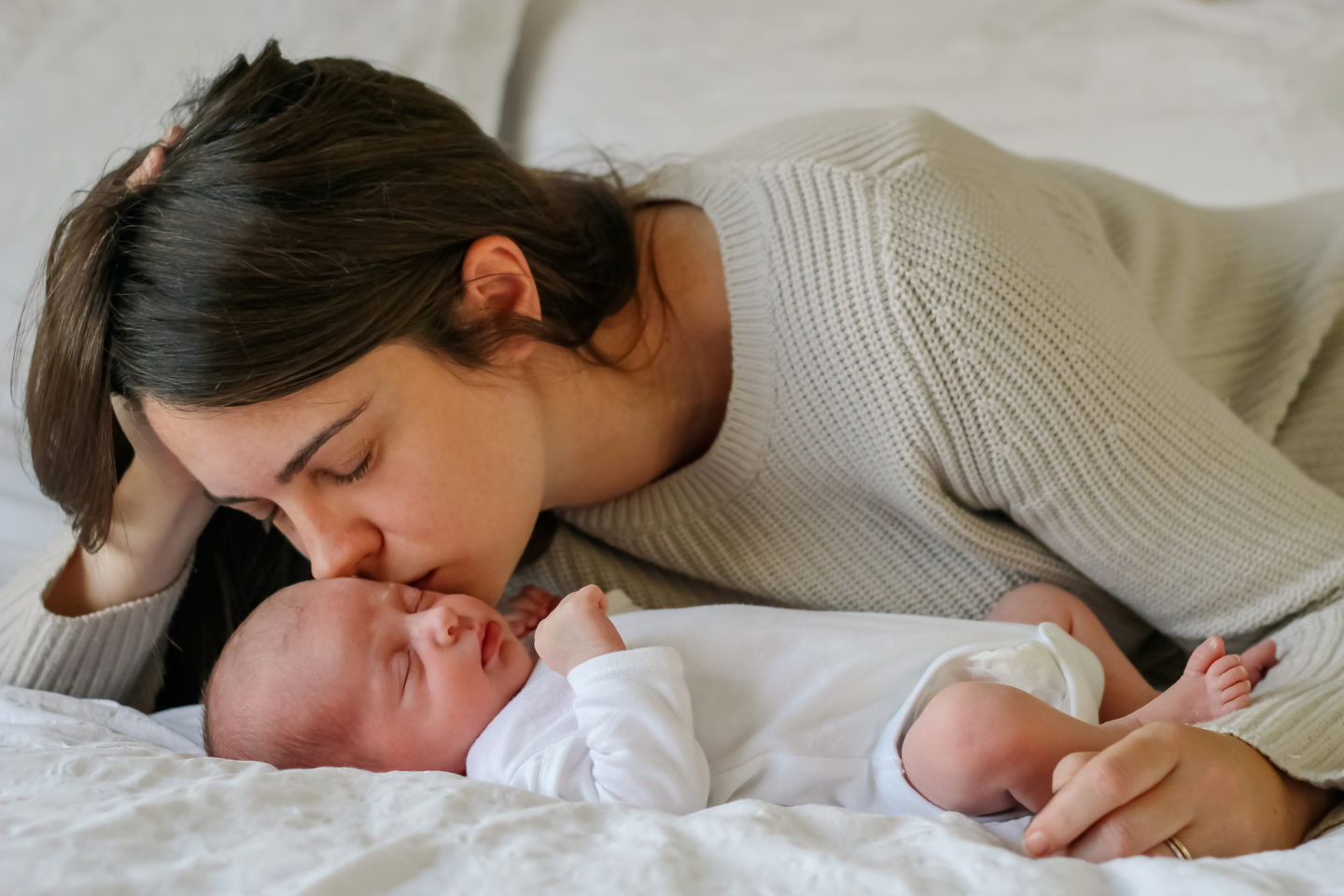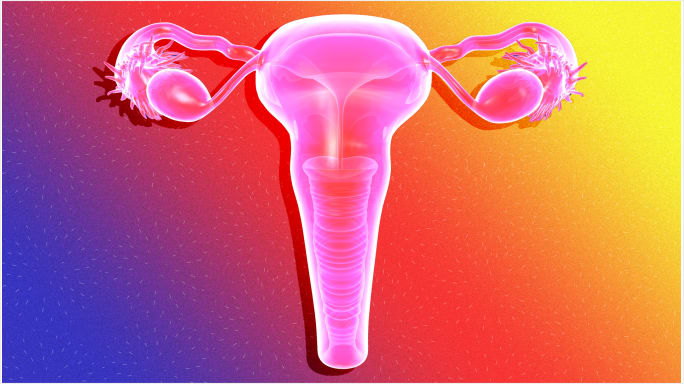Nothing can actually prepare you for the reality of being a parent
In 2013, The Daily Mail published a piece by Isabella Dutton, a 57-year-old mother of two, in which Dutton stated that she regretted having children. While she loved her children, Dutton said, she ultimately wished that she had remained childfree, as she was when she got married, but changed her mind because her husband wanted kids.
Needless to say, the Internet exploded over this piece. While it’s become somewhat more palatable for women to talk about not wanting kids, or even being ambivalent about motherhood, saying that you regret having had children is taboo beyond the definition of the word. Maternal love is depicted as all-consuming and immediate, and to say you’ve experienced otherwise is a direct assault on the concept of motherhood and femininity. The narrative goes that all people who have vaginas want children, and once you’ve had your child, you will realize what love really is, and be unable to imagine what your life was like before or what else your purpose in life could have been. (The assumption that birth and pregnancy are synonymous with uncompromising joy is one of the reasons why postpartum and prenatal depression are so difficult to talk about.)
For her 2015 study, Regretting Motherhood, Israeli sociologist Orna Donath interviewed many women who wished they had not become mothers. The regret was born from everything from never having wanted children the in first place, to realizing that the reality of motherhood was nothing like what women were told it would be, to a loss of independence and creativity that came with parenting.
“It is society’s responsibility to face up to the consequences of pressuring women into motherhood,” wrote Donath, “And to look into the eyes of this regret, just as we were looked in the eyes and promised that motherhood is for the best for all of us.”
Imagine posting openly on Facebook, for all your friends and family to see, your genuine, uncensored feelings about having children. Maybe you have a community of affirming and empathetic people, but if you don’t, expressing even for one moment that you wish you’d taken a different path in life could prove treacherous to say the least.
“I Regret Having Children” is an anonymous and open Facebook group (there is also a private group) in which folks can talk about exactly that – their regret, how they came to have kids in the first place, and how they’re coping now, and receive support. It’s likely an actual lifesaver for people who feel trapped in their current circumstances and need to know that they aren’t alone in feeling like they made the wrong decision in becoming mothers.
“I often daydreamed about what my life would have been like if I had chosen not to have children,” posted Z. “The times which seemed to be most filled with frustration were between the ages of 0 to 9 with pretty much all of them. That’s a lot of years of frustration and feeling trapped and depressed by the constant drudgery and monotony of the daily tasks that are required to run a household that supports children with their constant activities and need for direction and attention.”
Dr. Katie B. Garner is a researcher and educator in Chicago, seeking to advance conversations around motherhood. “There is a sense of feeling trapped when you don’t have a partner present, when there’s no child care available and it all falls on you. Many families are in isolation, but it’s deemed unacceptable to talk about ambivalence or regret, and so we’re told to keep quiet. But just because you don’t say that you regret motherhood, doesn’t mean that you don’t. There are more women out there than we’ll ever know who harbor feelings of ambivalence and regret.”
Living with your own feelings of regret is one thing, but what about folks like Dutton, who made their feelings known? Should people who regret having children ever tell their kids how they feel?
“It depends on the kid,” says Garner. “I work with my kids to have them see me as a person. It’s not a comment on their self worth to say I have needs too. That increases empathy, it assures them that they aren’t the center of the world, and that’s healthy.”
Dornath too has tackled this question in her work, emphasizing that women can regret having their children, but also still love them. “One woman I interviewed told me she’ll talk to her daughter about the difficulties of motherhood and the possibilities that it’s not for everyone, that there are different paths. She said, ‘What kind of a mother am I if I lie about what motherhood has been for me? I want my daughter to have the best she can in her life.’ Mothers are trying to protect their children in their own way.”
The pressure to have children, Garner notes, is largely placed on white, upper middle class, educated women, and because that’s a group with more political power than other folks (poor women, folks of color, for example), it’s where change can begin to take root. “When there are more of these women being honest, saying “This isn’t for me,” hopefully that will put pressure on the government to create more robust support structures, like accessible childcare. In the meantime, silencing and judging women isn’t going to change anything, it just adds to the isolation and shame.”




comments